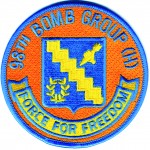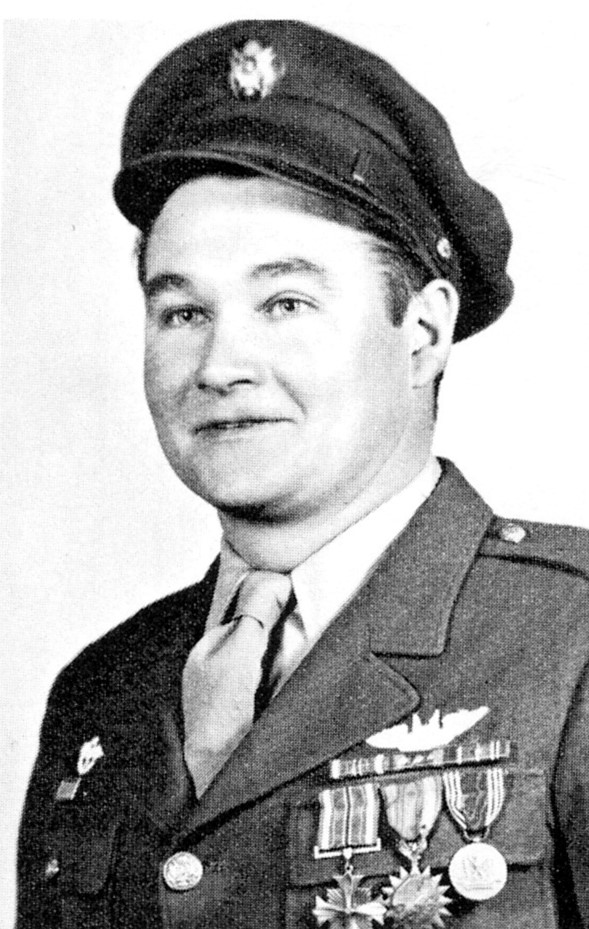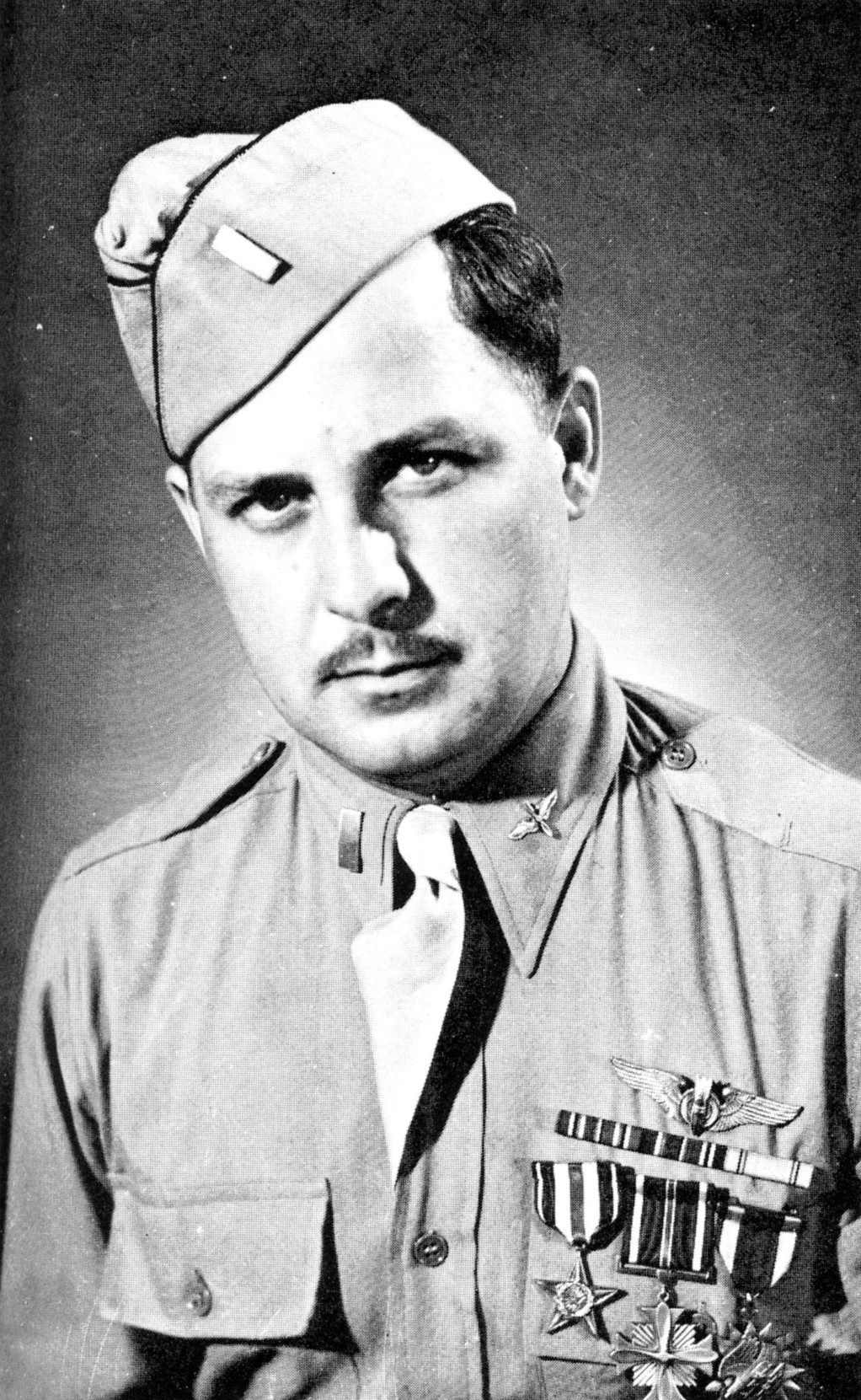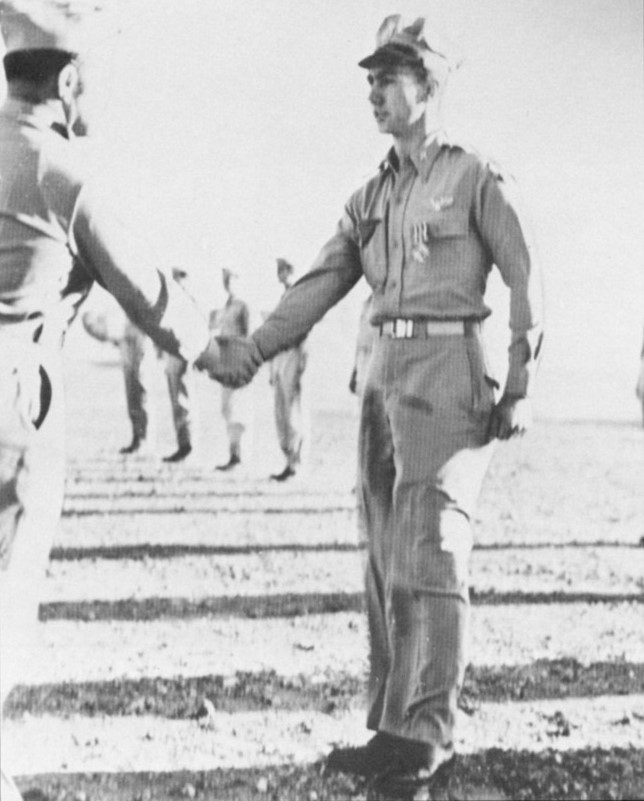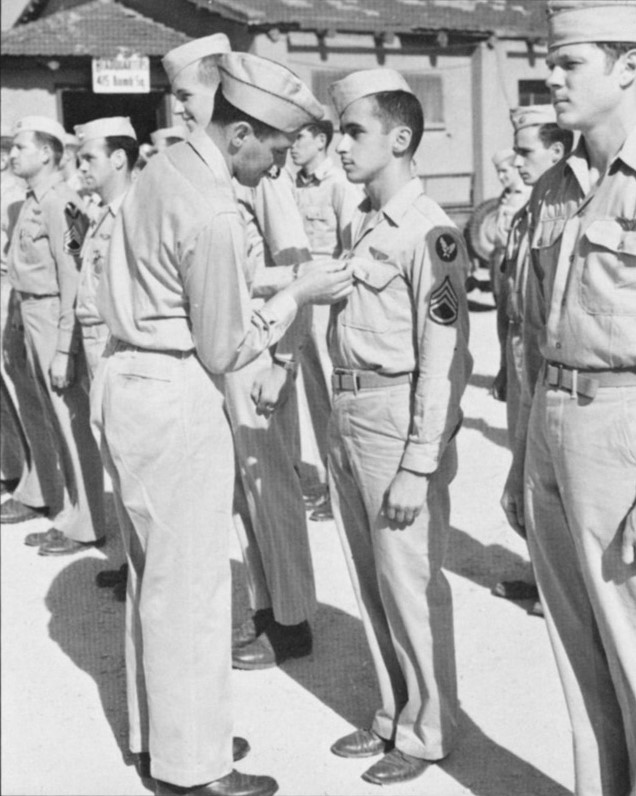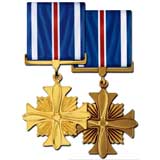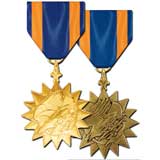History
98th Bomb Group: 1942-1946. B-24s
World War II Commanders
Lt. Col. Frank H. Robinson, c. February 1942
Col. Hugo P. Rush, April 1942 - December 1942
Col. John R. Kane, c. 29 December 1942 - November 1943
Lt. Col. Julian M. Bleyer, 1 November 1943
Col. William E. Karnes, 18 November 1943 - January 1944
Lt. Col. Marshall R. Gray, 13 January 1944 - July 1944
Col. Salvatore E. Manzo, July 1944 - September 1945
World War II Squadrons
343rd Bombardment Squadron
344th Bombardment Squadron
345th Bombardment Squadron
415th Bombardment Squadron
The unit was established as the 98th Bomb Group (Heavy) on January 28,1942, at Barksdale Field , Shreveport, Louisiana. It activated at MacDill Field, Tampa, Florida on February 3,1942, with B-24 Liberator bombers, and continued training at Fort Meyers and Drane Field, Florida.
The 98th was initially manned by a cadre of men from the 44th Bomb Group who were shortly joined by the crews who would form the group.
During the phase training in Florida, at least two B-24s were damaged. On June 24, 1942, two planes were damaged, one piloted by Joe Kilgore (#41-1131), the other (#41-1137) flown by Francis Menge. All the aircraft used in phase training were transferred to another unit at the completion of training by the 98th.
During the training in Florida, several 98th crews were selected by Col. Harry (Hurry Up Harry) Halverson to join the group he was forming for a special mission ordered by the Joint Chiefs of Staff. The mission was to fly 23 B-24 bombers to bases in China to conduct bombing raids on Japan. The operation known as the Halverson Project (HALPRO) was terminated on arrival in Egypt because the Japanese had overrun the Chinese bases HALPRO was to use for the Japan raids.
Alerted for overseas deloyment, the 98th departed for the Middle East on July 15, 1942, in new B-24D aircraft. After several stops and layovers, the aircrews and minimal support staff arrived in Palestine in late July. With the aircraft serviced by Royal Air Force (RAF) personnel, the first combat mission, on August 1st, occurred when they bombed Mersa Metruh.
The 98th maintenance men and remaining support staff arrived in Palestine about August 19th after a voyage by troop ship and a trip by rail and truck. The group moved to bases in Egypt in November for a couple of months. In early 1943, the unit was located at various bases in the “Western Desert” in Libya and Tunisia. In November, the 98th moved to several bases in the “Boot Heel” area of Italy, and in early 1944 the 98th settled at Lecce.
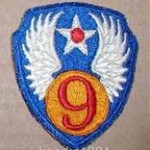 |
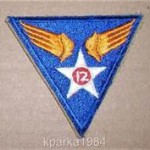 |
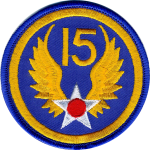 |
Initially assigned to the United States Middle East Air Force (USMEAF) that was dissolved on November 12, 1942, the 98th came under the 9th Air Force. Following a realignment of U.S. forces in the fall of 1943, the 98th was placed under the 12th Air Force for a couple of months and on November 1, 1943 the unit was assigned to the 15th Air Force where they remained until April 1945.
The most famous mission of the 98th Bomb Group was the Low Level raid on Ploesti on 1 August 1943, the first anniversary of the group’s first combat mission. On this mission, of the 48 B-24’s that launched, only 40 made the bomb run. One crashed on take-off, and seven turned back for various reasons. Fifteen aircraft were shot down in the target area, and four were lost on the return leg. Eight planes landed at allied airfields and 13 returned to Benghazi.
Of the approximately 480 aircrewmen who flew on the raid, 141 were killed in action; 35 became Romanian prisoners of war; 4 evaded capture and were returned by Yugoslav Partisans. Distinguished Flying Crosses were awarded to every crewmember. There were 10 awards of the Silver Star, and 4 Distinguished Service Cross. Col. John “Killer” Kane was awarded the Medal of Honor.
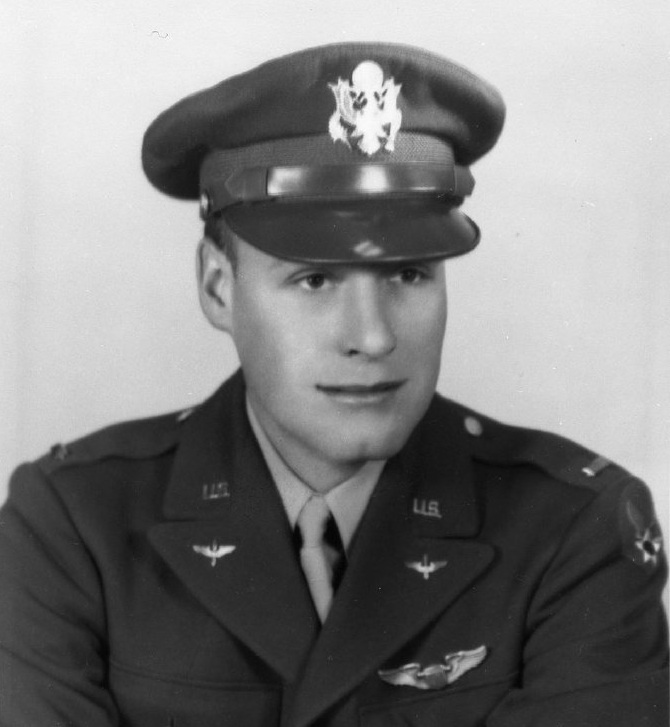 On
another raid on Ploesti on 9 July 1944, Lt. Donald Pucket sacrificed his
life trying to save three of his crewmembers who could not, or would
not, bail out of their doomed B-24. Donald Pucket was awarded the
Medal of Honor posthumously for his sacrifice.
On
another raid on Ploesti on 9 July 1944, Lt. Donald Pucket sacrificed his
life trying to save three of his crewmembers who could not, or would
not, bail out of their doomed B-24. Donald Pucket was awarded the
Medal of Honor posthumously for his sacrifice.
The 98th continued fighting the Nazis until the war in Europe was ended by Germany’s surrender in April, 1945. The group flew a total of 417 missions and earned 15 battle streamers as well as two Presidential Unit Citations. In addition to the two Medals of Honor, thousands of medals for bravery, and for individual acts of heroism were awarded to the men of the 98th Bomb Group.
The 98th returned to the U.S. in April-May of 1945 and was re-designated the 98th Bombardment Group (Very Heavy). Following a period of preparations to transition to the B-29, the unit was deactivated on 10 November 1945. However, the 343rd, 344th, and 345th Bomb Squadrons were reassigned to other B-29 groups and designated as Very Heavy Bombardment Squadrons. The 343rd was assigned to the 40th Bomb Group at March AFB, California, and deactivated on 27 November 1946. The 344th was assigned to the 444th Bomb Group at Davis-Monthan Field at Tucson, Arizona, and deactivated on 1 October 1946. The 345th was assigned to the 462nd Bomb Group at McDill Field, Tampa, Florida, and deactivated on March 31, 1946.
The group was based at the following locations during World War II. Note: On a couple of occasions, squadrons were located at different stations during the same time frame.
MacDill Field, Tampa, Florida, 3-16 February 1942. *
Barksdale Field, Shreveport, Louisiana, 16 February- 28 March 1942.
Ft. Meyers, Florida, 30 March-17 May 1942.
Drane Field, Lakeland, Florida, 17 May-11 July 1942
Fort Dix, New Jersey (Ground Echelon), 4 -16 July 1942
Morrison Field, Florida (Air Echelon) 11 - 27 July 1942
Ramat David, and St. Jean d’Acre, Palestine, 25 July - 11 November 1942. **
Fayid and El Kabrit, Egypt, 13 November 1942 -25 January1943. **
Various landing grounds in the “Western Desert,” North Africa with Benina Main, Gambut Main, and Lete (also Lethe), Libya, as the principal stations. 25 January - 21 September 1943.
Hergla, Tunisia, 21 September -17 November 1943.
Brendisi, Italy, 17 November - 20 December 1943
Manduria, Italy, 20 December 1943 - 18 January 1944.
Lecce (Fortunato Cesare Airdrome), Italy, 18 January 1944 - 19 April 1945.
Camp Patrick Henry, Virginia, 29 April - May 1945.
Fairmont Army Airfield, Fairmont, Nebraska, May 1945 – June 1945. ***
McCook Army Airfield, McCook, Nebraska, 25 June 1945-10 November 1945.
* A “paper” organization at MacDill; no personnel assigned.
** During these periods the 98th operated from two stations.
*** Return of the 98th to the ZI was mostly to leave status. A small cadre was sent to Fairmont to prepare for training before deployment to the Pacific Theater.
